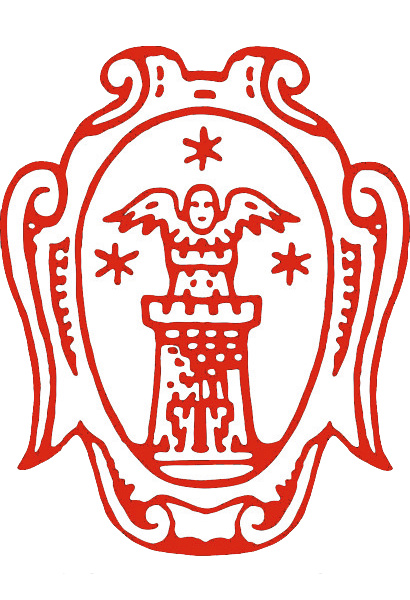 Agostino Giorgi was born in San Mauro di Romagna (Fo) in 1711. He studied in Cesena, Verona, Padua and in 1727 took the habit of Augustinian hermits in the convent of St. James in Bologna. His interests turned particularly to Eastern languages, of which he became an expert connoisseur.He arrived in Rome in 1738 and a few years later Pope Benedict XIV gave him the chair of sacred scripture at La Sapienza.
Agostino Giorgi was born in San Mauro di Romagna (Fo) in 1711. He studied in Cesena, Verona, Padua and in 1727 took the habit of Augustinian hermits in the convent of St. James in Bologna. His interests turned particularly to Eastern languages, of which he became an expert connoisseur.He arrived in Rome in 1738 and a few years later Pope Benedict XIV gave him the chair of sacred scripture at La Sapienza.
The fruit of his historical-theoloigical and linguistic-orientalist work are more than 60 publications among which stands out, a document of his commitment to the congregation of Propaganda Fide, theAlphabetum Tibetanum missionum apostolicarum editum… (1763) that earned him widespread fame.
In 1764 he was appointed Procurator General of the Order.
BesidesArcadia, where he was named Timagora Adramiteno, he was a member of several other academies and corresponded with the most distinguished scholars of his time.
A librarian since 1752, he held the position of director for 45 years until his death in 1797. On January 16, 1786, he reopened the library to the public, and on that occasion he donated to the Angelica his collection of 1349 volumes, which included a substantial Bodoni collection and texts concerning Giorgi’s own work at the Propaganda Fide printing house. In particular, these are works on Eastern civilizations and languages and various Bodonian editions that formed the first nucleus of the famous Parma printer’s valuable collection of works preserved today in Angelica.
At the Archives of the Order of St. Augustine (Mm 10) is preserved theElenches librorum quos… M. Augustinus Antonius Giorgi donavit Bibliothecae Angelicae. In the Book of the Outcome of the Library (State Archives of Rome, Agostiniani n S. Agostino. Busta 97) we read, in the year 1797: “After the death of Rev. Fr. Ant. Aug. Giorgi librarian of the Angelica all of his books and manuscripts passed to the Library besides another miliary, which he had already before given to the same.”

